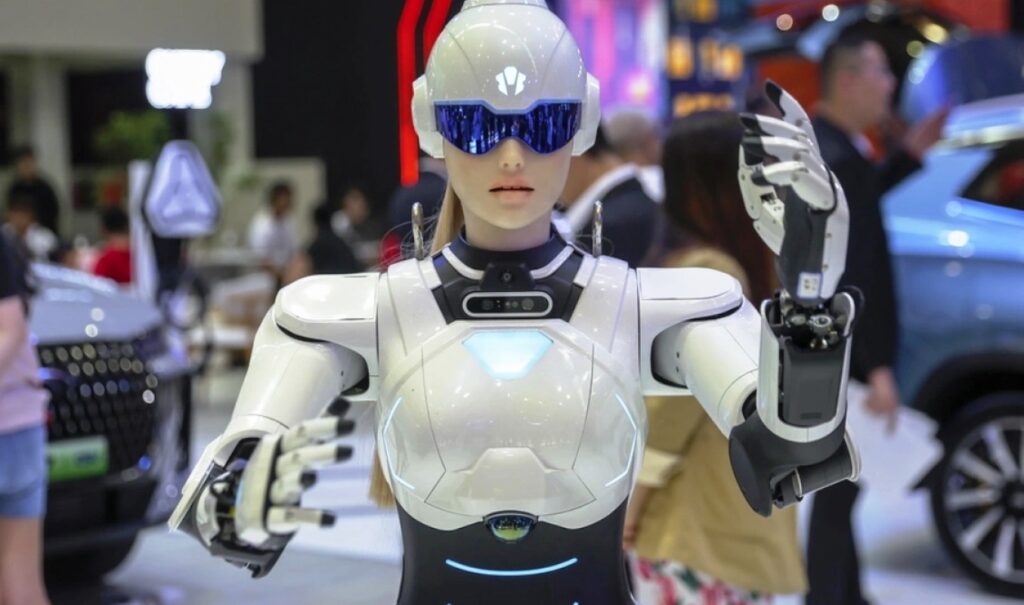Artificial intelligence (AI) is changing and transforming the world of work, causing uncertainty and fear about which workers will remain essential. Jobs based on routines and repetitive processes are more vulnerable. These positions include text transcription, appointment scheduling, and other simple office tasks. AI can now automatically generate subtitles, use virtual assistants, or support hiring processes, reducing the need for human intervention. Demand for new hires is decreasing as existing workers become more productive through technology. Without strategic planning, many jobs considered stable risk disappearing in the coming years.
Artificial intelligence: The jobs that remain safe
Certain jobs cannot be replaced by machines, either due to their complexity or because society doesn’t accept it. Professions requiring human judgment, empathy, or physical presence are more protected.
Examples include:
Public service and emergency needs: firefighters, rescuers, technicians, who need immediate action and physical capability.
Healthcare and social services: doctors, psychologists, teachers, and coaches, where human contact and understanding are irreplaceable.
Legal professions: lawyers and professionals who represent clients in court, with legal coverage and professional licensing.
AI cannot make decisions requiring ethical judgment, emotional intelligence, or social sensitivity.
The “gray zones”: jobs that will transform
Some jobs won’t disappear but will change radically. Professionals dealing with substantial problems will collaborate with artificial intelligence instead of competing against it.
Examples:
Radiology technicians: will continue communicating with patients for MRI examinations, while AI will accelerate diagnosis and reduce the total number of technicians.
Truck drivers: safe as long as autonomous trucks aren’t more reliable, but may eventually be replaced in the future.
Artificial intelligence doesn’t eliminate all professions, but determines which workers will remain essential.
What it means for the future of work
Professionals requiring trust, emotional intelligence, or physical presence will remain safe, while monotonous and repetitive tasks are already decreasing.
The challenge for employers and companies is strategic planning: which positions must remain human and which can transition to technology. AI’s rapid evolution makes this adaptation urgent.
Artificial intelligence isn’t just a tool – it’s a catalyst changing the entire job market, creating panic about who will survive and who will be replaced.




